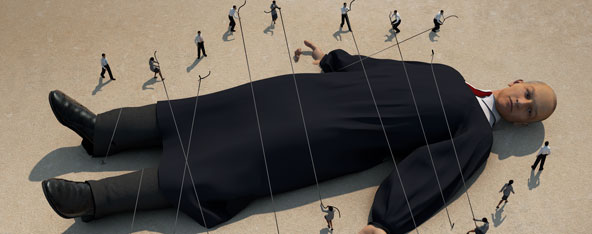How lawmakers and special interests are making sure we get the judges they want
Not content that Iowa Supreme Court justices have been sufficiently chastised for legalizing gay marriage, a group of conservative state legislators tried to cut the salaries of the four remaining justices who were part of the 2009 decision.
In April the lawmakers filed an amendment to slash their annual pay from $163,200 to $25,000. Voters had already removed the other three justices who voted for same-sex marriage in a 2010 retention election after activists campaigned against them.
Republican Rep. Dwayne Alons says he submitted the salary cut amendment because the court’s decision to legalize gay marriage was an inappropriate “shift of power” and because the judges and attorney general were “acting as an oligarchy” when they made and implemented a decision that should have been left to the legislature. Alons and his fellow conservatives said they proposed the cut to make the court’s salaries on par with those of the legislature.

Illustration by Randy Lyhus
Although Iowa legislators dropped the pay cut amendment in May, experts nevertheless expect more such efforts. They say these measures reflect a broad trend of attacks on impartial arbiters who vote in ways that anger certain groups. It is part of a national war on state courts fought mostly by legislators and special interests who are targeting judges with negative campaign ads, and by legislators attempting to pack or unpack higher courts with like-minded jurists. Judges are battling from the bench, often with their hands tied by ethics rules that require them to take the high road, despite low blows. Legal observers say the judiciary is under attack as never before, jeopardizing the American tradition of impartial jurisprudence.
“State courts have become a new battleground,” says Alicia Bannon, counsel for the Democracy Program at the Brennan Center for Justice, a nonpartisan law and policy institute at the New York University School of Law. “These assaults on judicial independence hurt public confidence in the judicial branch. You want a judge to be interpreting the case in front of you. You don’t want them to worry about being retaliated against for unpopular decisions.”
Read the rest of “The siege on state courts” here in the July issue of the ABA Journal.



